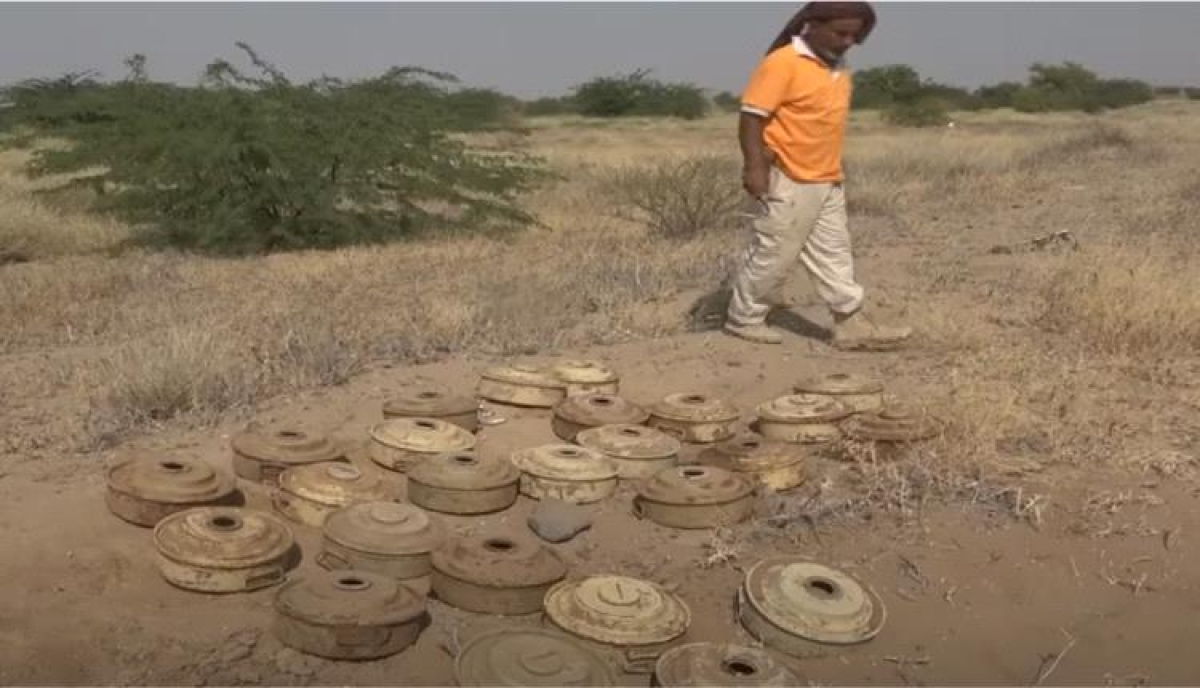Human rights report: The threat of Houthi mines will continue for 90 years


Mines and explosive devices left by the Houthi militias caused the death and injury of about 17 civilians, including children and women, during the past five weeks.
According to documentation by the Yemeni Mine Observatory, incidents of mine explosions and war remnants resulted in the deaths of 11 civilians, including 3 children and a woman, while the number of wounded reached about 6 civilians.
The center indicated that the incidents that were monitored since the beginning of last January were recorded in only 3 governorates: Al-Jawf, Al-Hudaydah, and Al-Bayda.
Many official and human rights reports accused the Houthi militia of planting more than two million mines and explosive devices in many residential areas, main and secondary roads, and near basic services.
These dangerous explosives claimed the lives of many civilians, especially the displaced who returned to their homes after their liberation by government forces.
For its part, the American Center for Justice (ACJ) said that the Houthi militias bear full responsibility for the civilian casualties who fall as a result of mines and explosive devices that have been planted in the country since the beginning of the war in 2015.
A human rights statement issued by the center indicated that the Houthi group continuously refuses to hand over maps of mines that it planted in areas under its control or in which it fought battles, explaining that refusing to hand over maps means more innocent victims, especially children.
The Center warned of the danger of neglecting this important file on the lives of innocent civilians, pointing out that the American Center for Justice continuously monitors incidents of injuries and killings of civilians, most of whom are children, as a result of mines planted by the Houthi group in the areas it has controlled or witnessed military battles over the months and years. Previous.
The statement added, “The danger of these mines lies in their effectiveness, which may last for about 90 years. Therefore, failure to hand over maps of these mines puts civilians, especially children, at risk of losing their lives and limbs,” pointing out that the planting of mines was done randomly and without necessity. Mostly military.
The center confirms that the Houthi group committed these practices systematically in all the military sites it controls, and in the areas and roads from which it withdraws. It worked to manufacture individual mines with local expertise in factories it established using army equipment in the areas it controlled, and distributed those mines. And stored it in all regions in violation of international agreements ratified by Yemen.
The American Center for Justice (ACJ) renewed its call to the international community for the need to open an independent investigation into the Houthi group’s excessive and indiscriminate use of mines, most of the time without military necessity and in flagrant violation of the provisions of the 1997 Ottawa Convention, and to bring all those involved in planting mines to a fair trial.< /p>